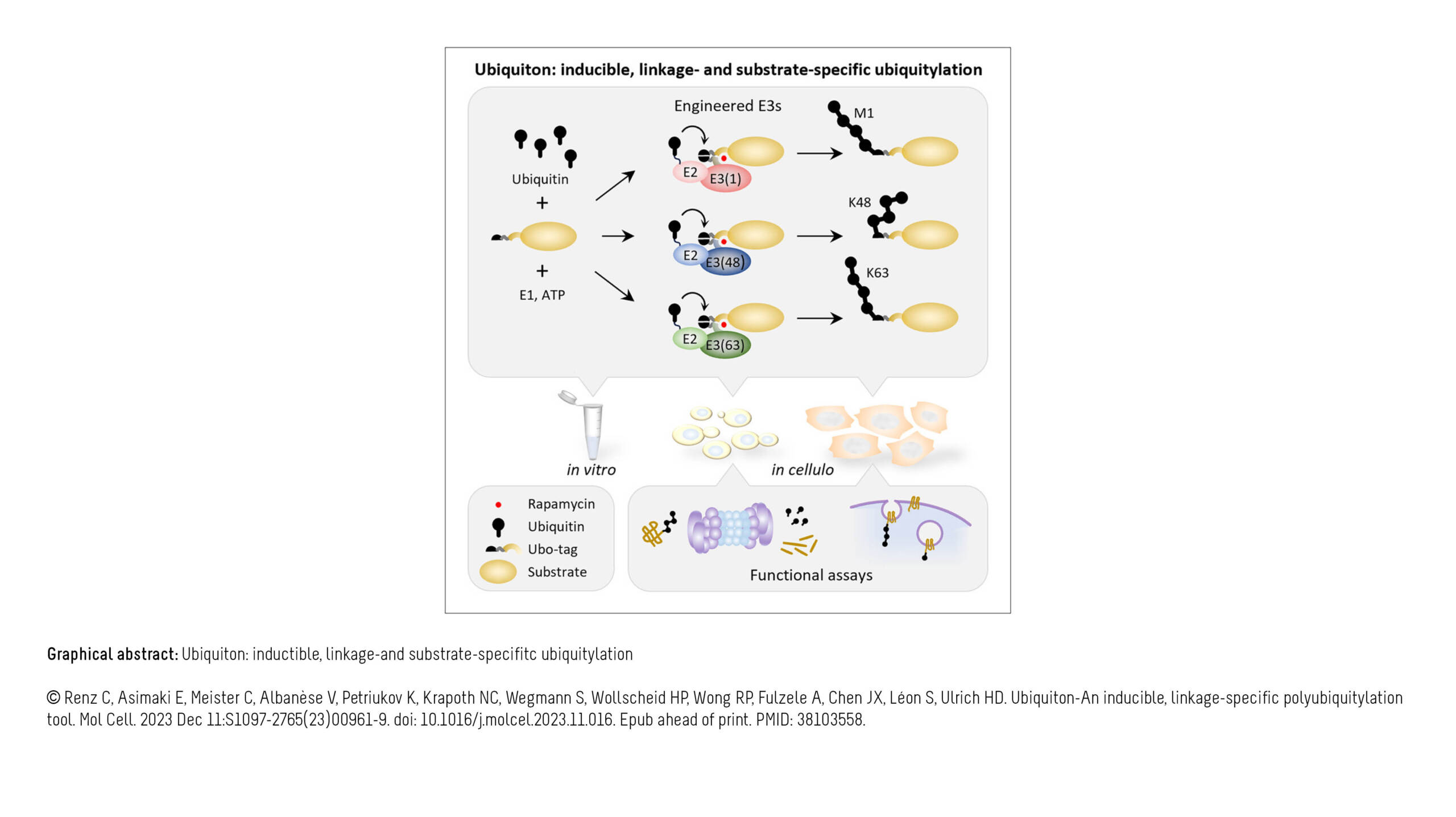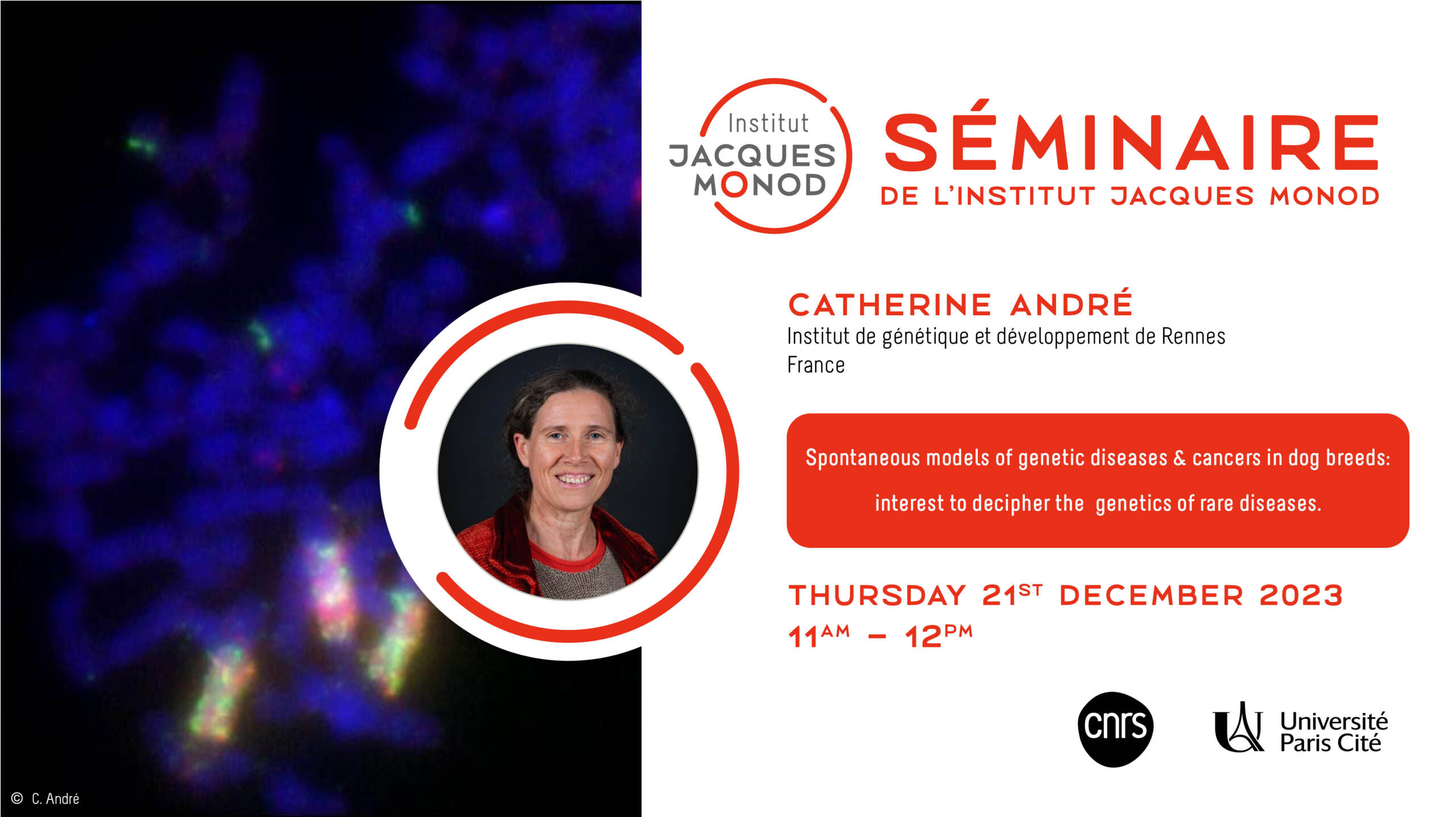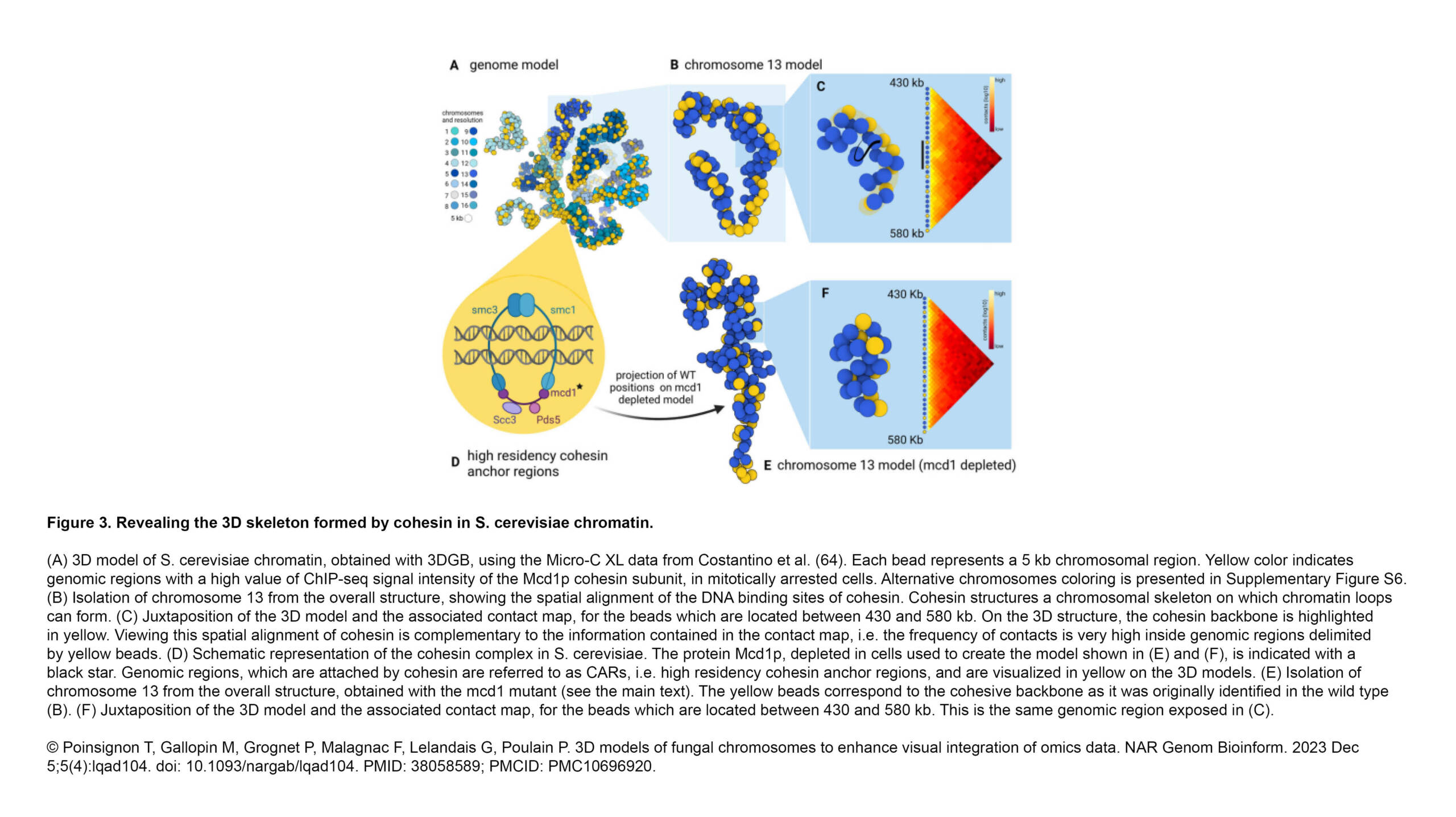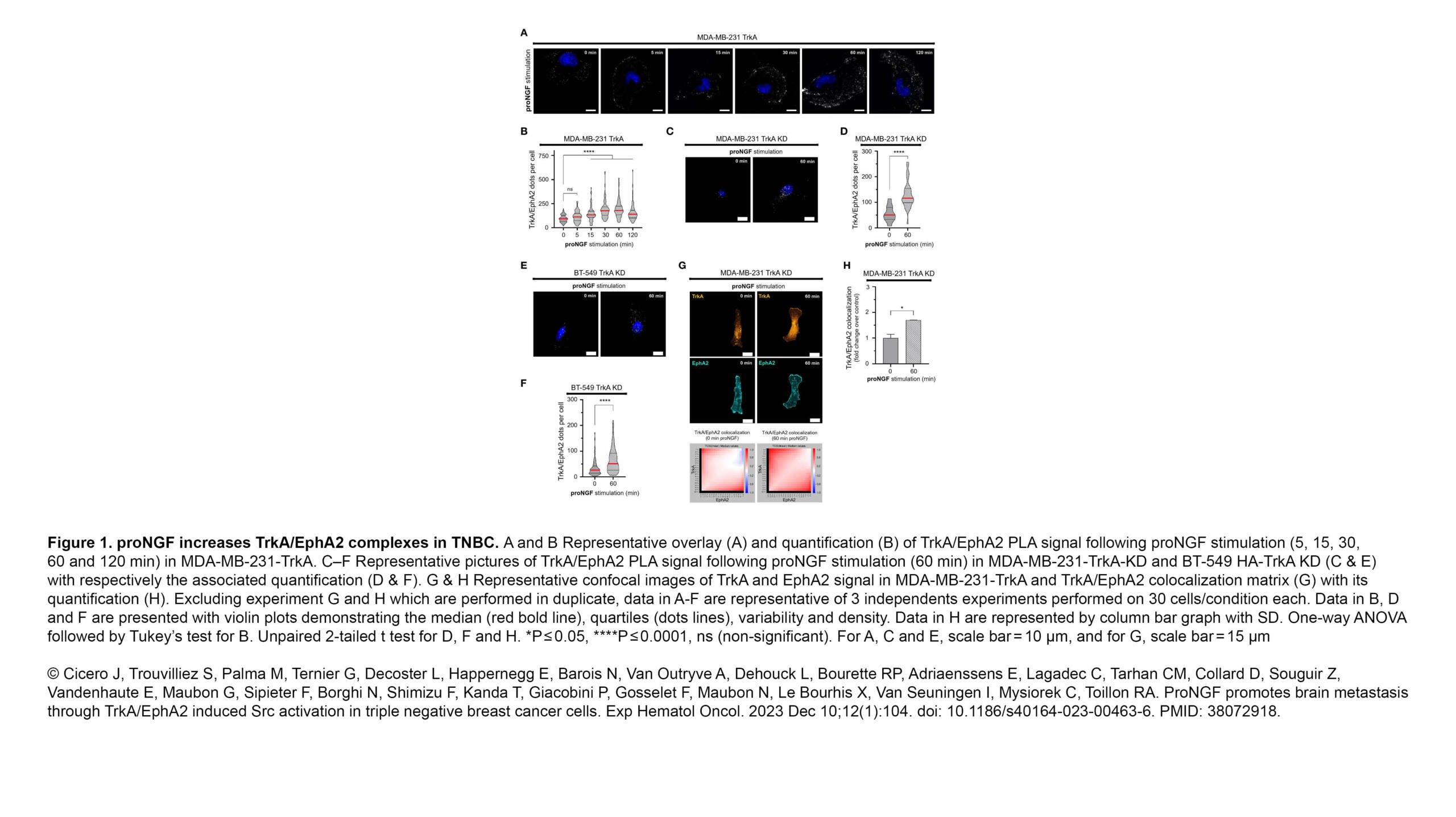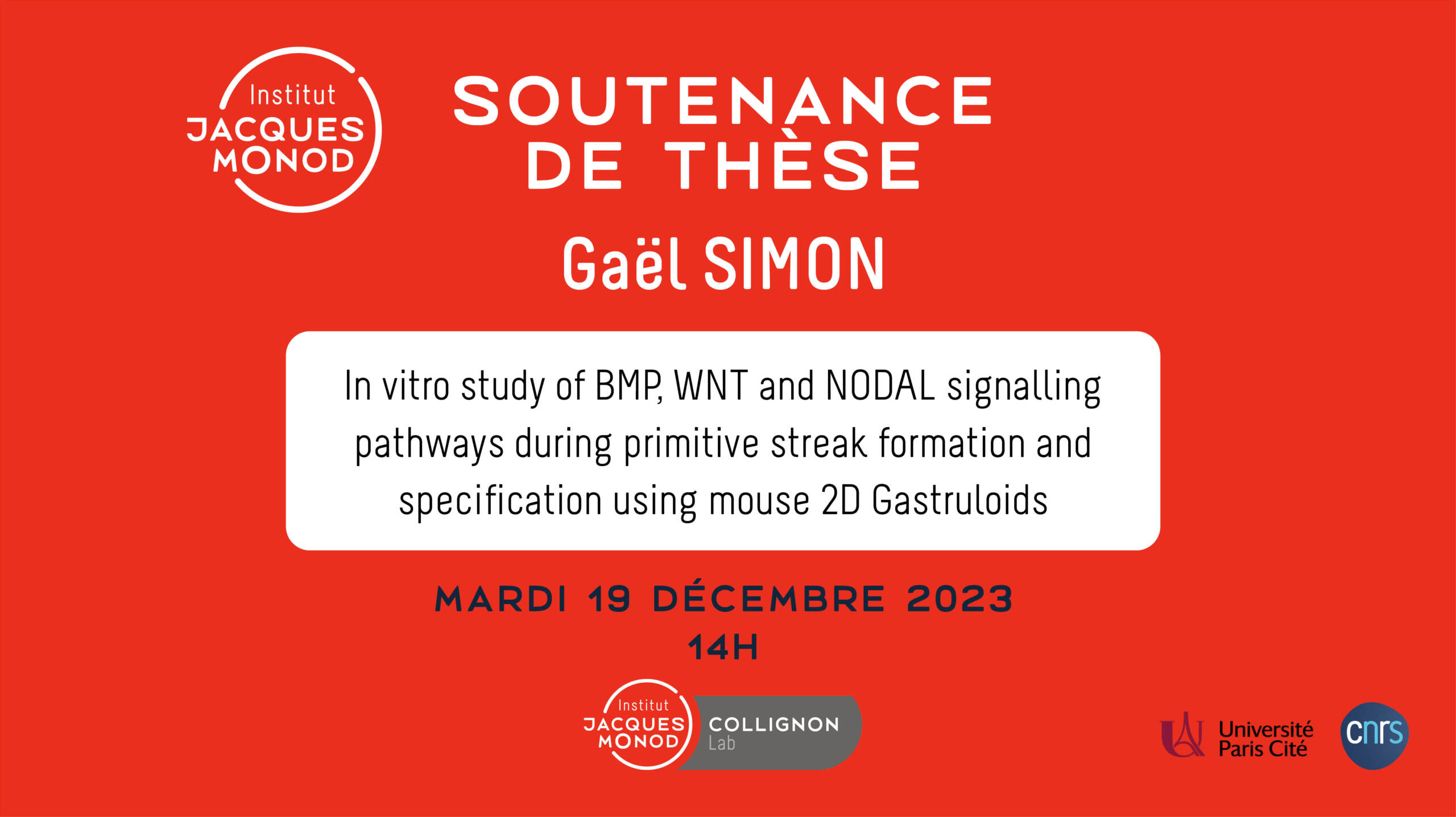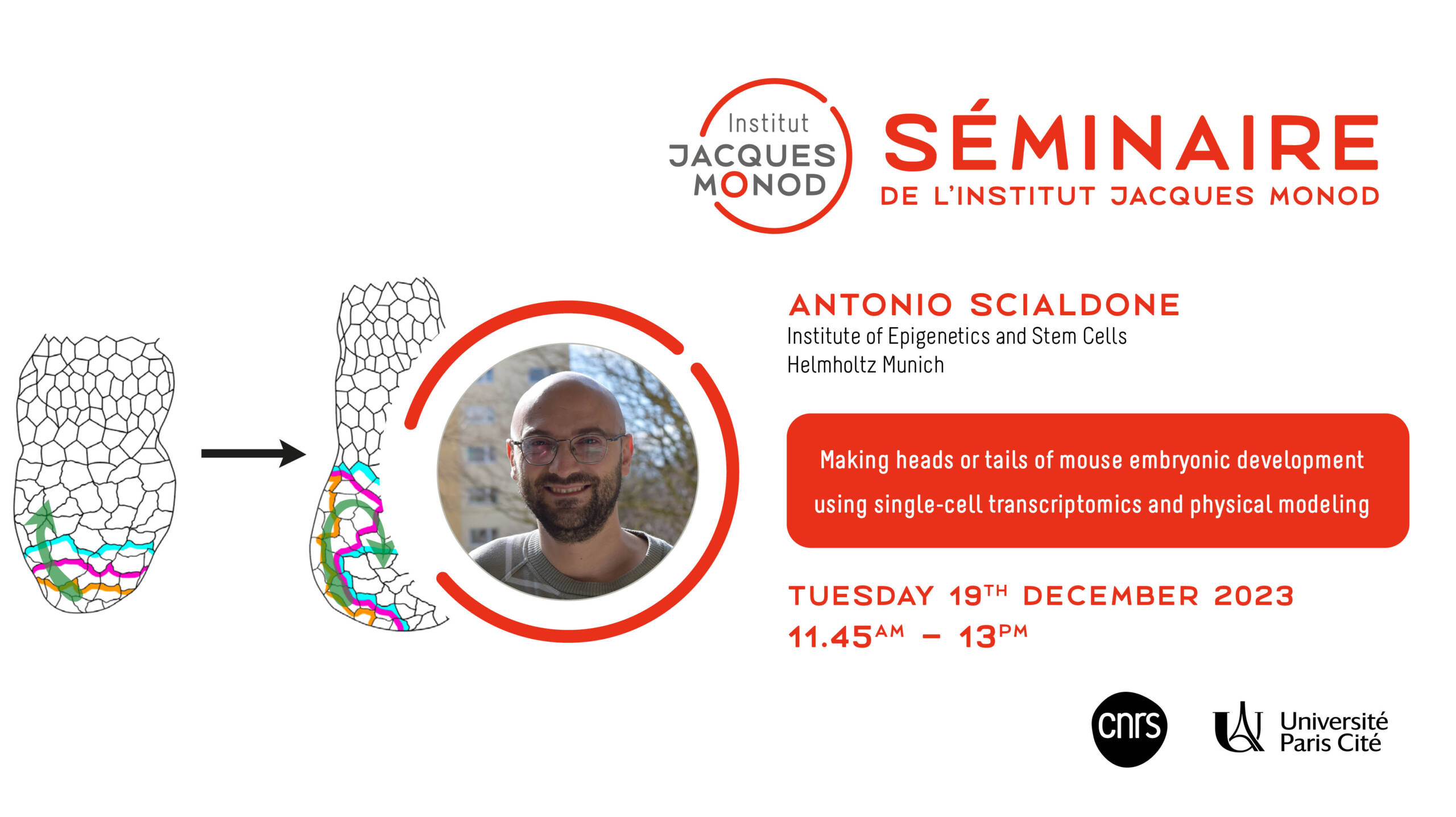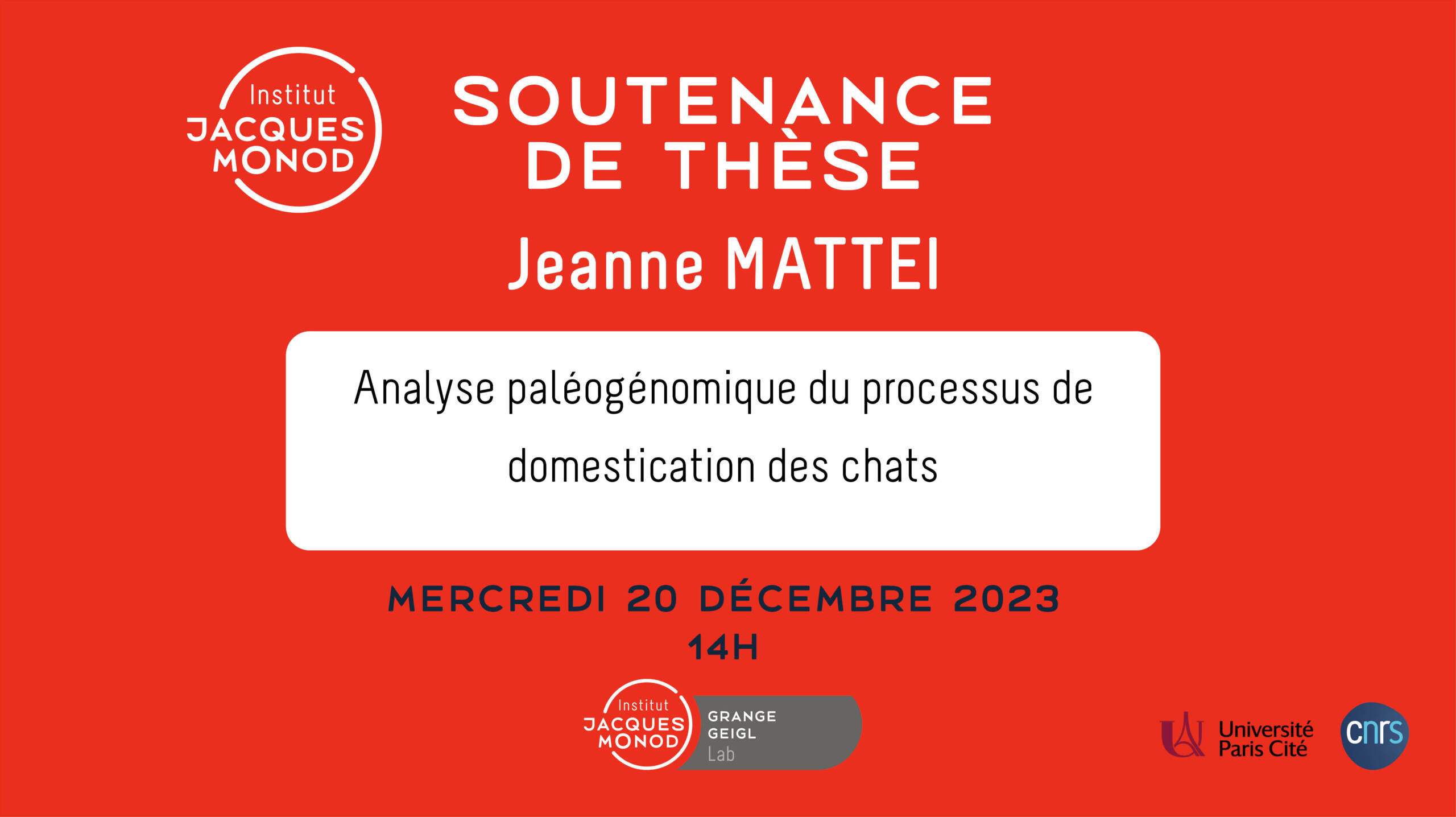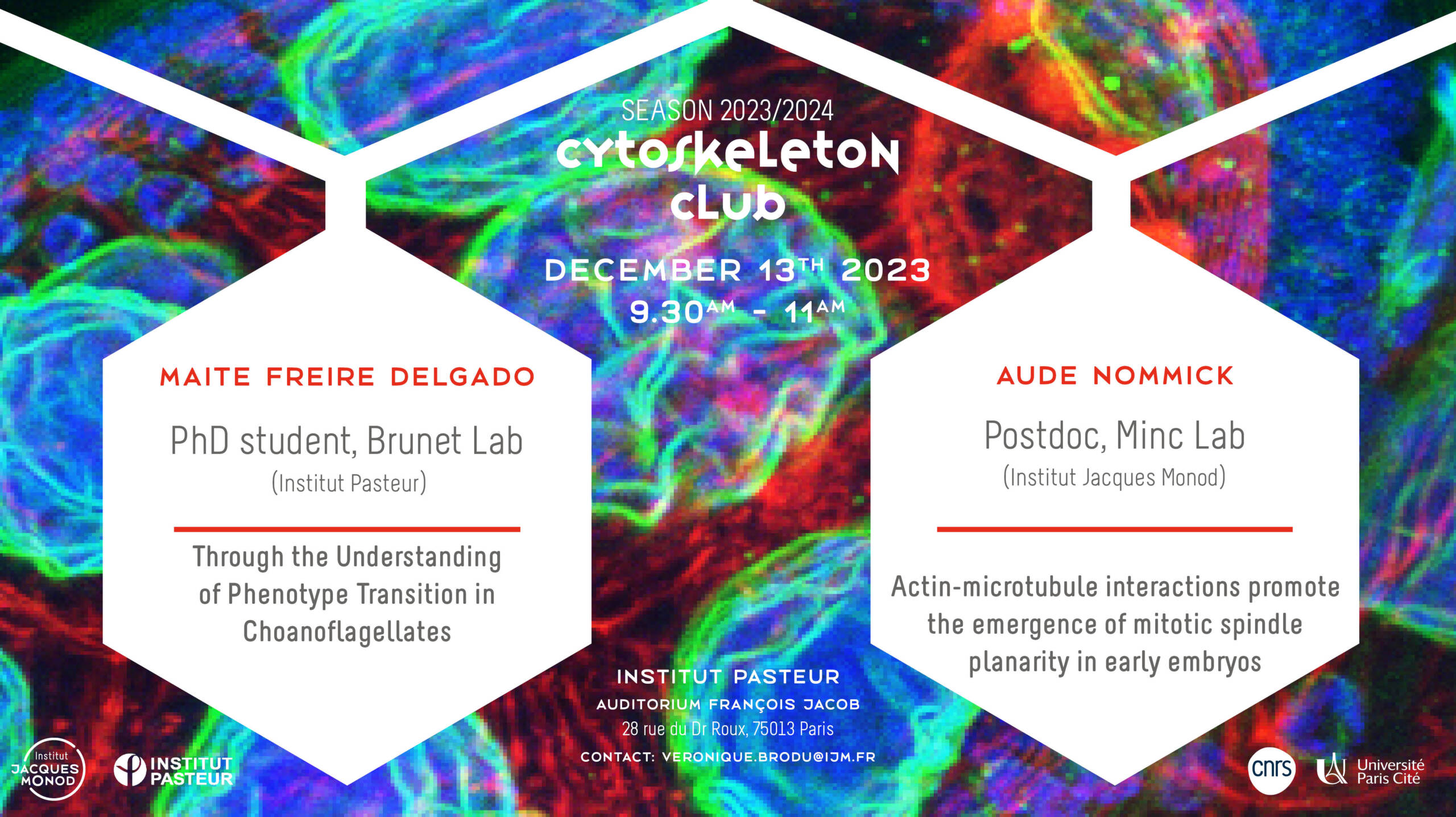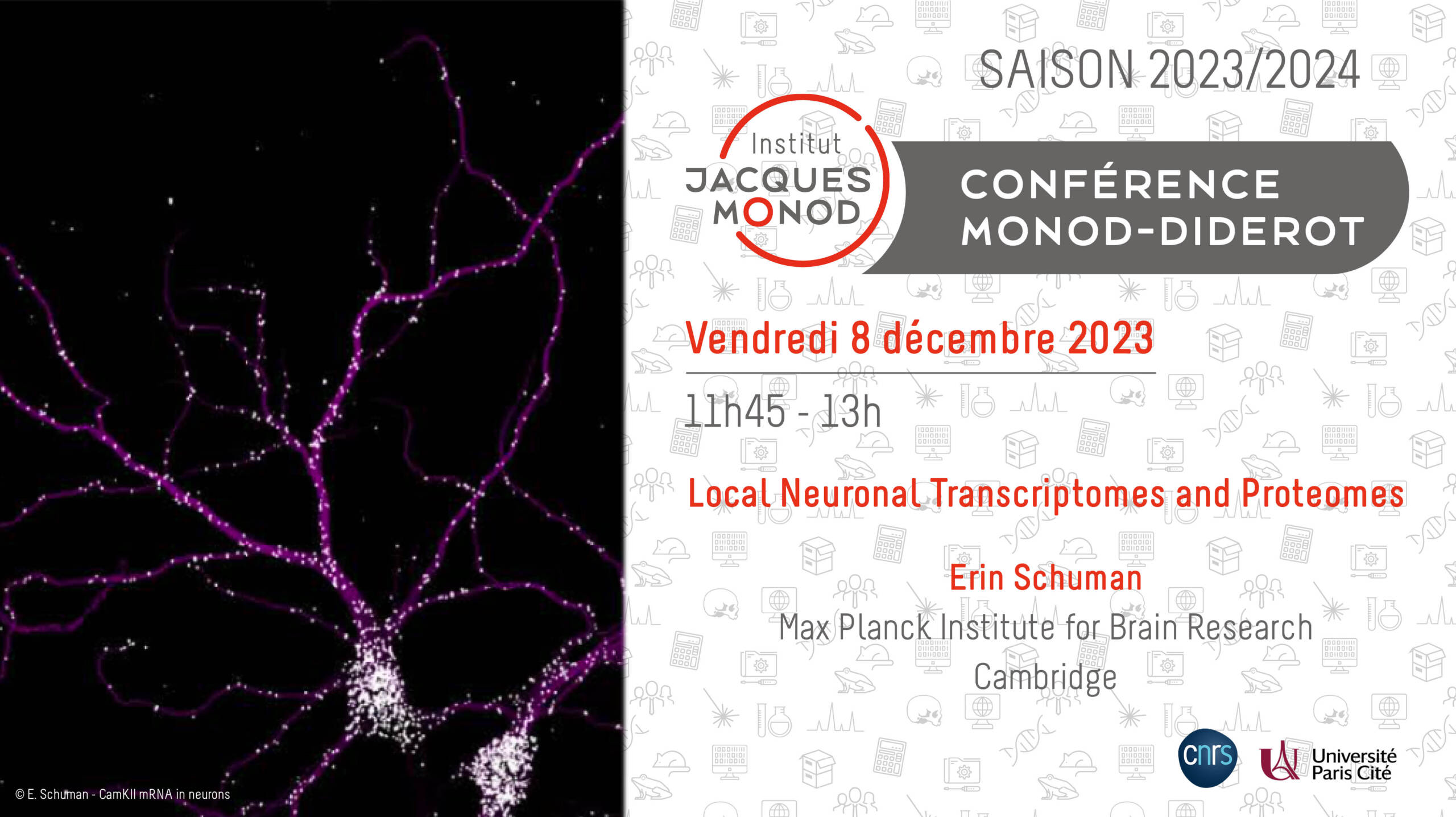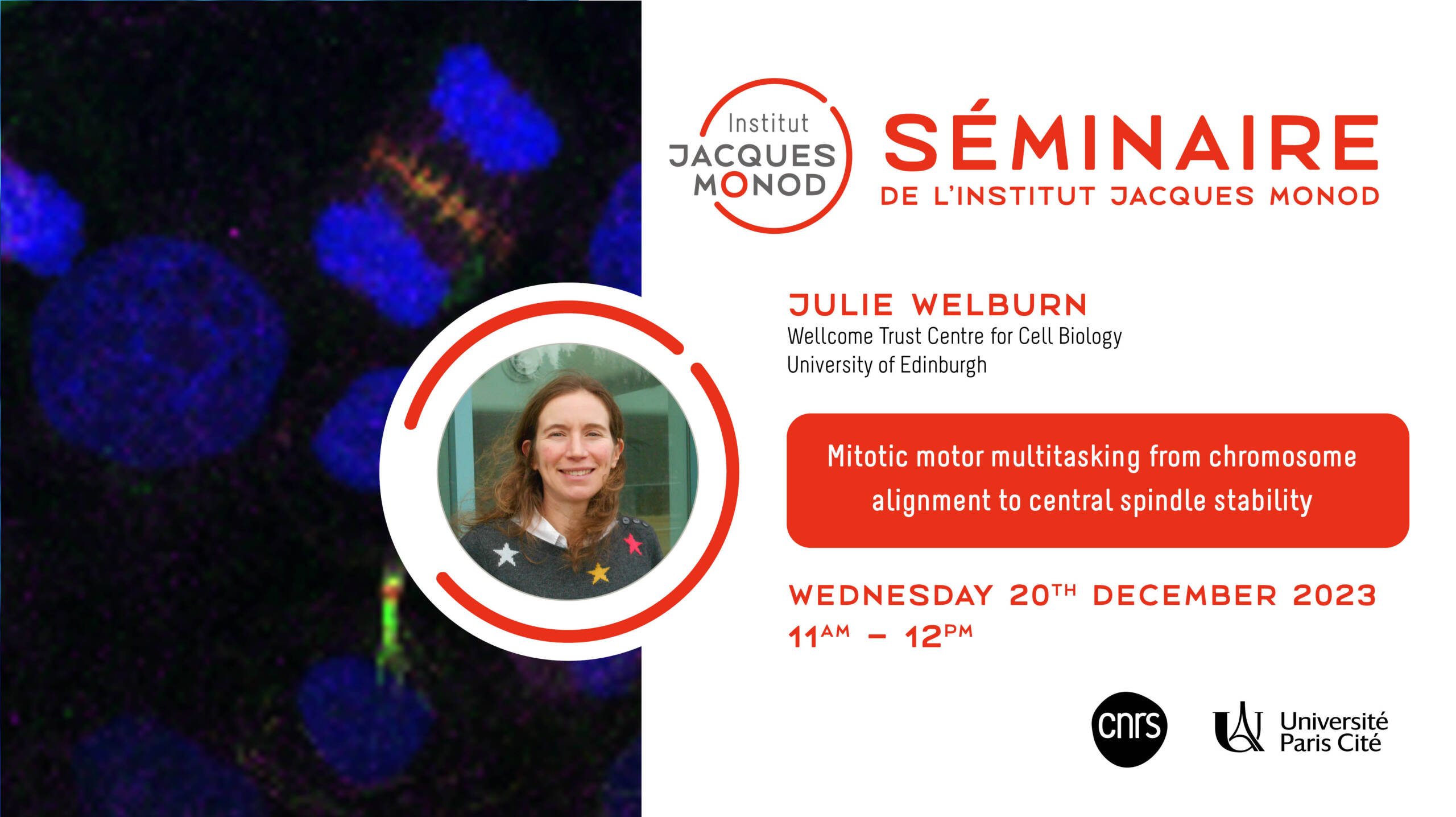The Léon lab contributed to a new article published in Molecular Cell:
Ubiquiton - An inducible, linkage-specific polyubiquitylation tool
Abstract:
The posttranslational modifier ubiquitin regulates most cellular processes. Its ability to form polymeric chains of distinct linkages is key to its diverse functionality. Yet, we still lack the experimental tools to induce linkage-specific polyubiquitylation of a protein…
